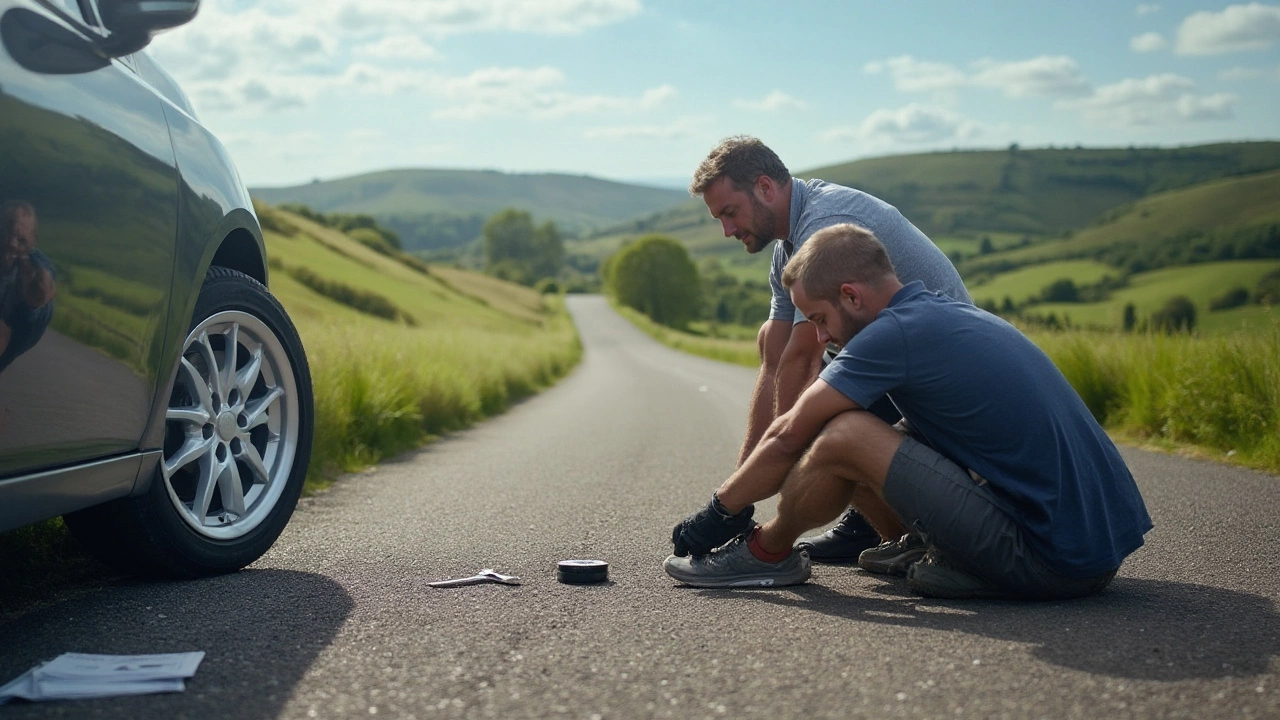Wheel Spacers: What They Are and When to Use Them
Wheel spacers are small metal or aluminum plates that sit between your hub and the wheel. They push the wheel out, giving a wider track and a more aggressive stance. Many drivers add them for looks, but they also change how the car behaves.
If you’re chasing a flush‑fit look on a lowered car, spacers can fill the gap without cutting the wheel well. They can also help fit larger tires on a stock hub, or line up the wheel’s bolt pattern when you swap wheels from a different model.
How Wheel Spacers Affect Handling and Safety
Moving the wheel outward changes the lever arm that the tire uses to turn the car. In most cases, a slight increase in track width can improve grip in cornering because the tires sit farther apart. However, the benefit only shows up if the spacer is properly tightened and the wheel hub can handle the extra stress.
Improperly installed spacers can lead to uneven tire wear, vibration, or even wheel detachment. The extra load on the wheel bearings and suspension components can cause premature wear, especially if the spacers are too thick. Keep the total offset within the manufacturer’s limits – a good rule is not to exceed 5mm beyond the original track width.
Common Risks and How to Avoid Them
One of the biggest myths is that spacers are always safe. The truth is they add stress to the hub bolt pattern. Use high‑quality spacers that have a center bore matching your hub size. Don’t rely on cheap, off‑the‑shelf options that are too thin or have a loose fit.
Make sure you torque the lug nuts to the spec listed in your vehicle’s manual. Under‑torquing can let the wheel wobble; over‑torquing can strip threads and weaken the hub. If you’re unsure, have a professional mechanic check the fit and torque.
Remember to re‑check the torque after the first 50‑100 miles of driving. Heat expansion can change the tightness, and you’ll catch any issues before they become dangerous.
Finally, be aware of legal limits. Some regions have rules about how far wheels can stick out beyond the fender. Check local regulations to avoid fines or failed inspections.
In summary, wheel spacers can give your car a wider stance and help fit bigger wheels, but they must be chosen and installed carefully. Pick reputable brands, match the center bore, and torque everything correctly. Keep an eye on wear and re‑torque after a short drive. If you follow these steps, you’ll enjoy the look without compromising safety.
Driving on a spacer wheel can be a temporary fix when faced with a flat tire, but it's essential to understand its capabilities and limitations. This article explores how far you can drive on a spacer wheel, factors affecting its performance, and safety tips to consider. By delving into practical advice and interesting facts, it aims to equip drivers with the knowledge they need for safe and effective use of spacer wheels.

